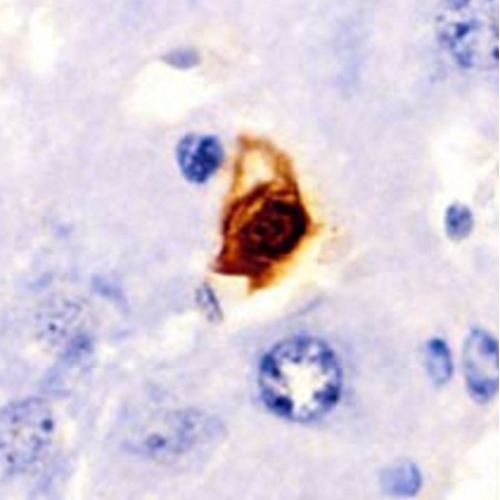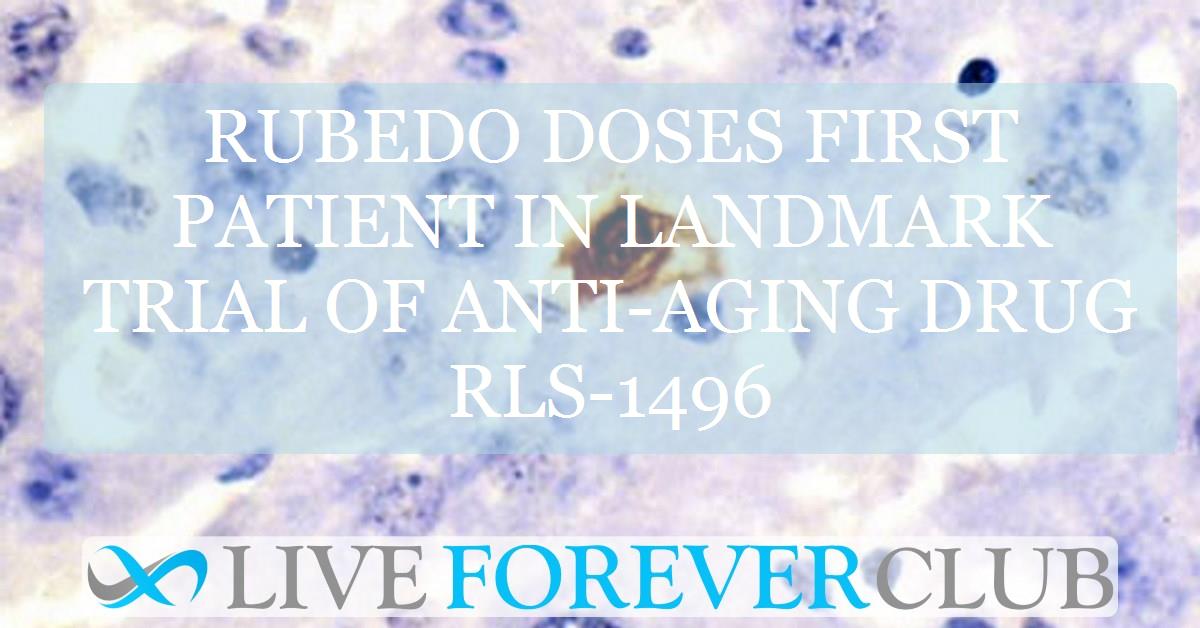Key points from article :
Rubedo Life Sciences has announced that the first patient has been dosed with its lead drug candidate RLS-1496, marking a significant milestone in the field of longevity and dermatology research. The treatment, which targets pathological senescent cells—often referred to as “zombie cells”—is the first GPX4 modulator to enter a human clinical trial. This Phase 1 study, conducted in the Netherlands, aims to evaluate the safety, tolerability, and biological effects of topical RLS-1496 in patients with mild to moderate plaque psoriasis, while also examining its potential to reverse skin aging and improve biomarkers linked to inflammation and cellular degeneration.
Developed through Rubedo’s AI-driven ALEMBIC™ drug discovery platform, RLS-1496 was designed to selectively target and remove senescent cells that contribute to “inflammaging”—the chronic, low-grade inflammation associated with aging. The compound reached human trials in under three years, a pace described by Rubedo’s Chief Scientific Officer Marco Quarta, PhD, as twice as fast as the industry average. The company plans to follow this topical formulation with a systemic version of RLS-1496 entering clinical trials in 2026, potentially expanding its applications to a range of age-related diseases, including metabolic disorders and neurodegeneration.
The trial, led by Chief Medical Officer Dr. Mary Spellman, involves around 24 participants and will compare RLS-1496 with a placebo vehicle. Dermatology experts such as Dr. Mark Lebwohl of Mount Sinai and Professor Chris Griffiths of the University of Manchester have joined the study’s advisory board, emphasizing the drug’s potential to treat not only psoriasis but also other chronic inflammatory skin conditions such as atopic dermatitis, rosacea, vitiligo, and scleroderma. The researchers will assess improvements using standardized measures like the modified Investigator’s Global Assessment (mIGA).
RLS-1496 represents a new therapeutic approach targeting GPX4, an enzyme central to protecting cells from oxidative damage. By fine-tuning GPX4 activity, the drug aims to induce cell death in dysfunctional senescent cells while sparing healthy ones, thereby restoring tissue health and reducing inflammation. Rubedo’s CEO Dr. Frederick Beddingfield III described the dosing milestone as a breakthrough for both the company and longevity science, with the potential to “make a meaningful impact on age-related diseases and conditions such as obesity and pain.”






